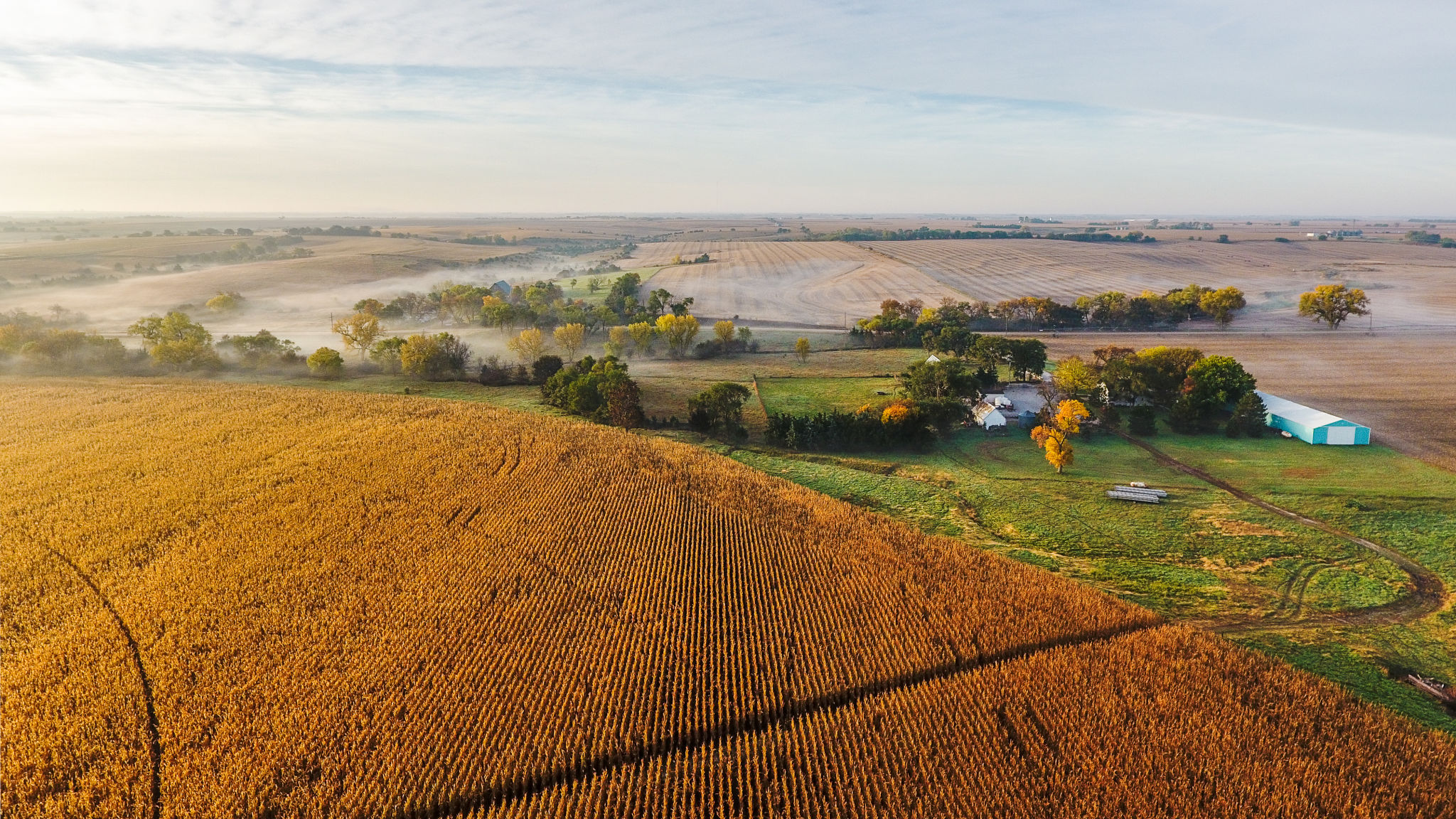The Impact of Nebraska’s Weather on Land Management Practices
Understanding Nebraska's Unique Climate
Nebraska's climate is characterized by its variable conditions, ranging from hot summers to cold winters, with fluctuating precipitation patterns. These diverse weather conditions play a significant role in shaping the land management practices employed by farmers and landowners across the state. Understanding these climatic factors is essential for implementing effective strategies to maintain soil health and crop productivity.
One of the most notable features of Nebraska's weather is its susceptibility to severe weather events, such as tornadoes and hailstorms. These events can cause significant damage to crops and soil, necessitating robust management techniques to mitigate their impact. Additionally, Nebraska experiences periods of drought, which can lead to challenges in water conservation and irrigation practices.

Adapting Land Management Practices
The variability in Nebraska's weather necessitates adaptable land management practices. Farmers and landowners must be prepared to alter their techniques based on the changing conditions. One common strategy is the implementation of crop rotation, which helps maintain soil fertility while mitigating pest and disease pressures. This practice is particularly effective in managing the impacts of weather fluctuations on crop yields.
Another critical practice is the use of cover crops, which protect the soil from erosion caused by wind and water. Cover crops also enhance soil organic matter, improving its ability to retain moisture during dry spells. This is especially important in Nebraska, where unpredictable precipitation can lead to both flooding and drought conditions.

Utilizing Technology for Weather Management
Modern technology plays an increasingly vital role in helping Nebraska's farmers manage weather-related challenges. Advanced weather forecasting tools enable them to make informed decisions about planting and harvesting schedules. Precision agriculture technologies, such as GPS-guided equipment, allow for more efficient use of resources, reducing waste and maximizing productivity.
Moreover, soil moisture sensors provide real-time data that help farmers optimize irrigation practices. By tailoring water application based on actual soil needs, farmers can conserve water and improve crop resilience to drought. These technological advancements are crucial for sustainable land management in Nebraska's dynamic climate.

Importance of Sustainable Practices
Incorporating sustainable land management practices is essential for preserving Nebraska's agricultural productivity in the face of challenging weather conditions. By adopting conservation tillage methods, farmers can reduce soil erosion while maintaining soil structure and fertility. This approach minimizes soil disturbance, helping retain moisture and organic matter.
Additionally, integrated pest management (IPM) strategies allow for more targeted and environmentally friendly pest control measures. IPM reduces the reliance on chemical pesticides, promoting biodiversity and enhancing the resilience of farmland ecosystems. Such sustainable practices ensure that Nebraska's agricultural landscapes remain productive for future generations.

The Role of Community Involvement
Community involvement is crucial in addressing the impacts of Nebraska's weather on land management practices. Collaborative efforts among farmers, researchers, and policymakers can lead to the development and implementation of innovative solutions tailored to local conditions. Educational programs and workshops offer valuable resources for landowners seeking to enhance their management techniques.
Furthermore, community-based initiatives promote knowledge sharing and support networks that empower farmers to adapt to changing weather patterns effectively. These collective efforts contribute to a resilient agricultural sector that can withstand the challenges posed by Nebraska's unpredictable climate.
In conclusion, the impact of Nebraska's weather on land management practices underscores the importance of adaptability and innovation. By embracing sustainable practices and leveraging technology, farmers can navigate the complexities of their environment while ensuring long-term productivity and environmental stewardship.
